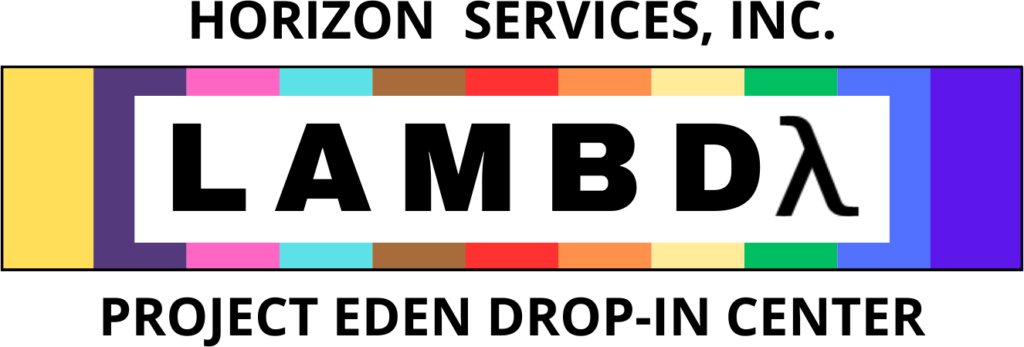What Is Social Media?
In today’s digital age, social media has become an integral part of our daily lives, connecting us with friends, family, and the world. However, there are growing concerns about its impact on mental health. In fact, excessive use of social media can lead to social media addiction.
Addiction in any form can harm our physical, emotional, and social health. While addiction to social media may look different from substance use disorder, it still has far-reaching impacts.
Social media refers to websites and applications that allow users to:
- Create and share content
- Participate in social networking
- Communicate with others online
Social media platforms can include social networking sites, such as Facebook, Twitter, LinkedIn, and Instagram. Other platforms that have grown in popularity in the past decade include video-sharing sites like YouTube and TikTok, and messaging apps like WhatsApp and Snapchat.

What Is Social Media Addiction?
Social media addiction is a behavioral addiction that refers to the excessive and compulsive use of social media platforms. This use is to the point where it interferes with daily activities and responsibilities.
Addiction to social media can also cause negative consequences to an individual’s mental health, relationships, and well-being.1Individuals addicted to social media may spend excessive time on these platforms, even when not enjoying them. They also use it when it causes negative consequences.
Symptoms of Social Media Addiction
Symptoms of addiction to social media can vary from person to person, but some common signs and symptoms include:
- Spending Excessive Amounts of Time on Social Media: This includes spending several hours a day on social media, even when it interferes with daily activities and responsibilities.
- Compulsively Checking Accounts: Individuals with social media dependence often check social media accounts, notifications, and messages, even when there is no new activity.
- Neglecting Responsibilities: This includes failing to meet responsibilities and obligations such as work, school, or social engagements.
- Mood Changes: Many individuals may become irritable, anxious, or upset when unable to access social media.
- Social Isolation: Another sign of addiction is withdrawing from real-life activities in favor of social media use.
- Sleep Disturbances: This includes staying late or waking up early to use social media. This can lead to disrupted sleep patterns and fatigue.
While social media addiction can adversely affect mental health and well-being, it is not an officially recognized disorder in the Diagnostic and Statistical Manual of Mental Disorders (DSM-5). However, excessive use of social media can still be a cause for concern and may require professional help.
Who Is Primarily Affected?
With technology becoming more and more accessible for younger generations, social media addiction primarily affects younger adults. 84% of adults aged 18 to 29 struggle with social media use, and 81% of those aged 30 to 49 use one or more social media site.2
Additionally, some children and teenagers spend up to nine hours a day on social media, which can greatly impact mental health and self-worth.3
Causes of Social Media Addiction
The causes of addiction to social media are complex and multifaceted. Here are some common factors that may contribute to social media addiction:4
Dopamine Release
Social media platforms are designed to provide instant gratification through likes, comments, and notifications. This can cause the release of dopamine, a neurotransmitter associated with pleasure and reward. This creates a cycle of addictive behavior.
Fear of Missing Out
Social media can constantly create pressure to stay connected. This fear of missing out on important information can drive addictive behavior.
Escapism
Social media can provide an escape from the stresses of daily life. This creates a sense of comfort or relief, which can lead to excessive use and addiction.
Low Self-Esteem
Social media addiction can be linked to low self-esteem. Individuals may seek validation and acceptance through online content.
Underlying Mental Health Conditions
Social media use may also be linked to underlying mental health conditions, such as depression, anxiety, or obsessive-compulsive disorder.
Peer Pressure
Social norms and peer pressure can also influence social media overuse. Individuals may feel pressure to conform to social media trends and standards.

Treatment for Social Media Addiction
There is no one-size-fits-all treatment for addiction to social media, as everyone’s needs and circumstances are unique.
However, here are some common approaches that are used to treat social media addiction:
- Cognitive-behavioral therapy (CBT): CBT helps individuals identify and change negative patterns and behaviors contributing to addiction.
- Family therapy: This involves working with family members to address any issues that may contribute to social media overuse. It also improves communication and support within the family.
- Support groups: These groups provide a safe and supportive environment. Individuals share their experiences, learn from others, and receive encouragement.
- Mindfulness and meditation: Mindfulness and meditation practices can help individuals develop awareness and self-control.
- Holistic options: Holistic options may also be used to help individuals. They can include yoga, art therapy, and acupuncture. They help to manage stress and develop healthier coping strategies.
It’s essential to work with a trained mental health professional to determine the best course of treatment.
How to Manage Social Media Use
Here are some steps you can take to manage your social media use and develop healthier habits:5
- Set boundaries: Set a limit on the amount of time spent on social media and stick to it. You can use apps or features that track your usage and set reminders to take a break.
- Take breaks: Take regular breaks from social media, such as during meals, before bedtime, or work hours.
- Control notifications: Turn off or limit notifications for social media apps to reduce the urge to check them constantly.
- Be mindful: Pay attention to how social media affects your mood and well-being. If you notice negative emotions, take a break or limit your use.
- Consider a social media detox: Take a break from social media to reset your habits and reduce dependence on these platforms.
Remember that developing healthier social media habits is a process that takes time and effort. Being patient and kind to yourself is essential as you work to make changes.
Get Help for Social Media Addiction at Horizon Treatment Services
If you or a loved one is seeking help with addiction, call Horizon to learn more about the services we offer. You can also visit our website, www.horizonservices.org, to read about our adult & youth outpatient, and youth prevention programs. We are here to help.








